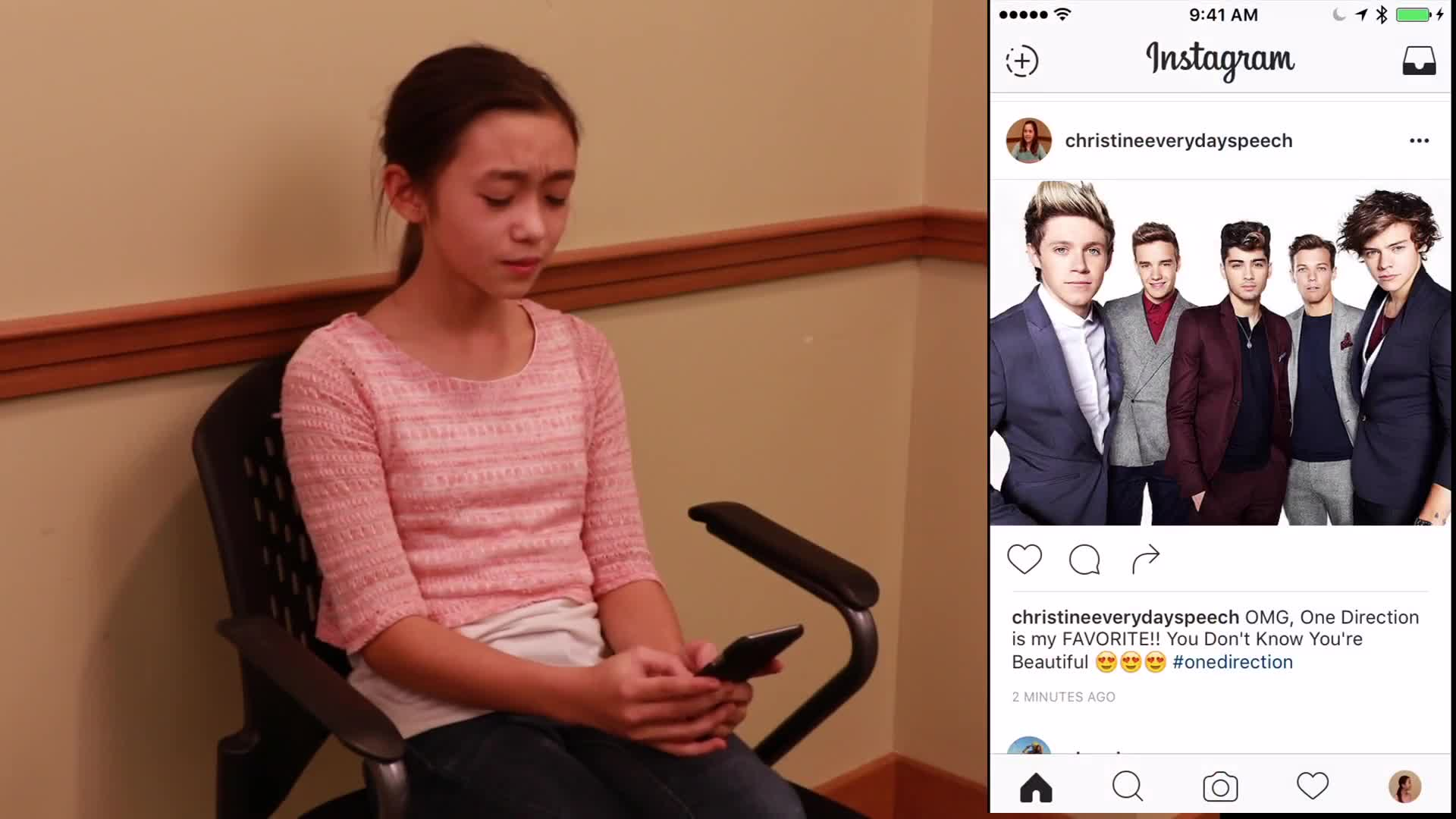As educators, we understand the importance of teaching our students essential social skills to help them navigate the world. With the rise of social media, it’s crucial to adapt these skills to the digital realm. This blog post focuses on introducing social media safety tips for students in special education, along with an engaging no-prep activity and discussion questions to deepen understanding.
Introduction
Using social media can be a valuable tool for communication and connection, but it can also pose risks if not used carefully. It’s essential to teach students in special education how to use social media safely and responsibly, emphasizing the importance of maintaining social skills when interacting online. The following tips provide guidance on who to talk to, what to say, and what to post on social media platforms.
No-Prep Activity: Social Media Safety Charades
In this activity, students will act out various social media scenarios to demonstrate their understanding of safe and responsible online behavior. Here’s how it works:
- Divide the students into small groups.
- Provide each group with a list of social media safety tips discussed in this blog post.
- Allow students to take turns silently acting out a scenario related to one of the tips, while the rest of the group tries to guess which tip the student is demonstrating.
- After each correct guess, encourage the group to discuss why the tip is important and how it can be applied in real-life situations.
This activity requires no preparation or materials and is a fun and engaging way for students to practice their social media safety skills.
Discussion Questions
- Why is it important to only communicate with people you know on social media?
- How can the “Think It or Say It” rule help us when posting or commenting online?
- What are some examples of public vs. private information, and why is it essential to keep this distinction in mind when using social media?
- How can we ensure that our social media accounts are secure and private?
- What should we do if we encounter a situation online that makes us uncomfortable or feels unsafe?
Related Skills
Teaching students about social media safety is just one aspect of helping them develop strong social-emotional skills. Other relevant skills for students in special education include:
- Establishing and maintaining healthy boundaries
- Developing empathy and understanding towards others
- Recognizing and managing emotions
- Resolving conflicts and problem-solving
- Practicing effective communication, both online and in-person
Next Steps
Now that you have a better understanding of how to teach social media safety skills to students in special education, it’s time to incorporate these lessons into your curriculum. To help you get started, we invite you to sign up for free samples of social skills materials and resources at Everyday Speech. These samples will provide you with a variety of tools and supports to enhance your students’ social-emotional learning journey.






